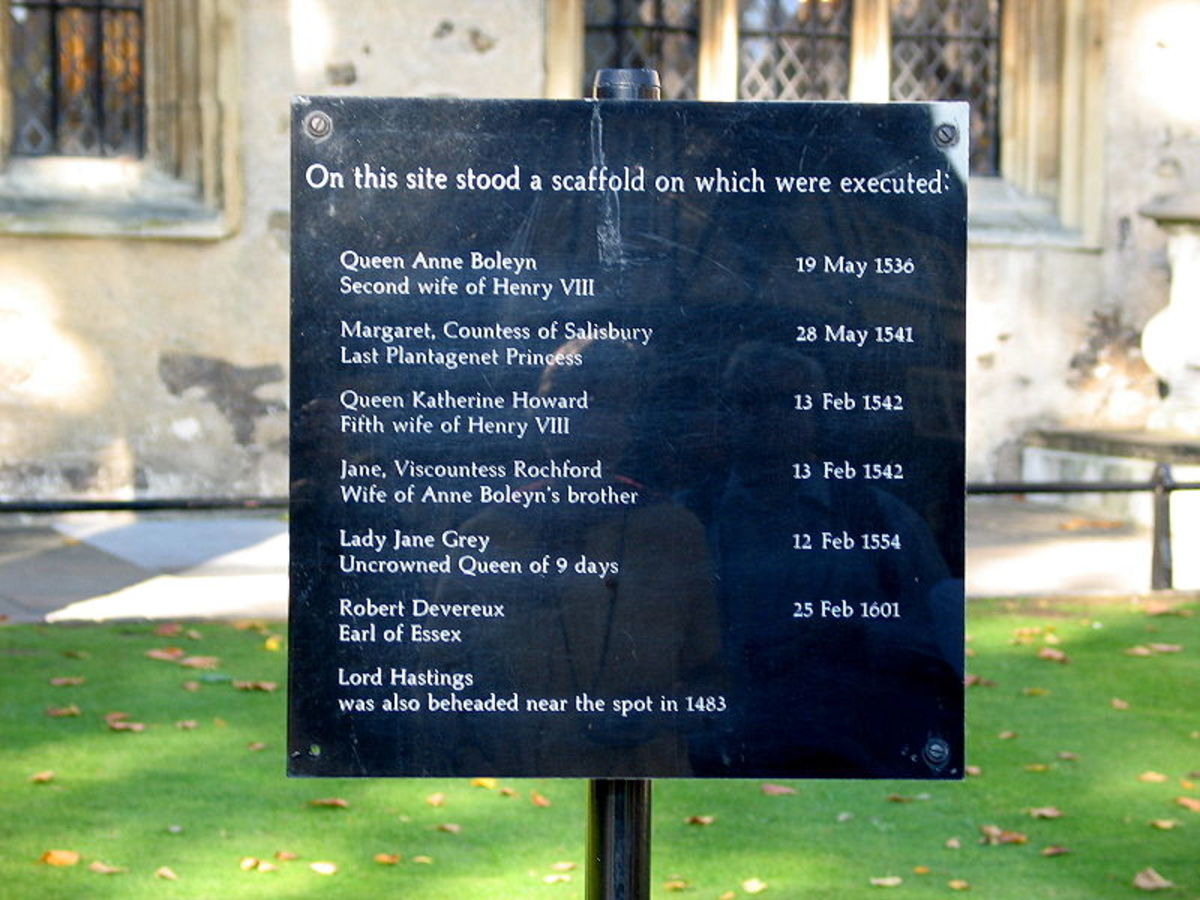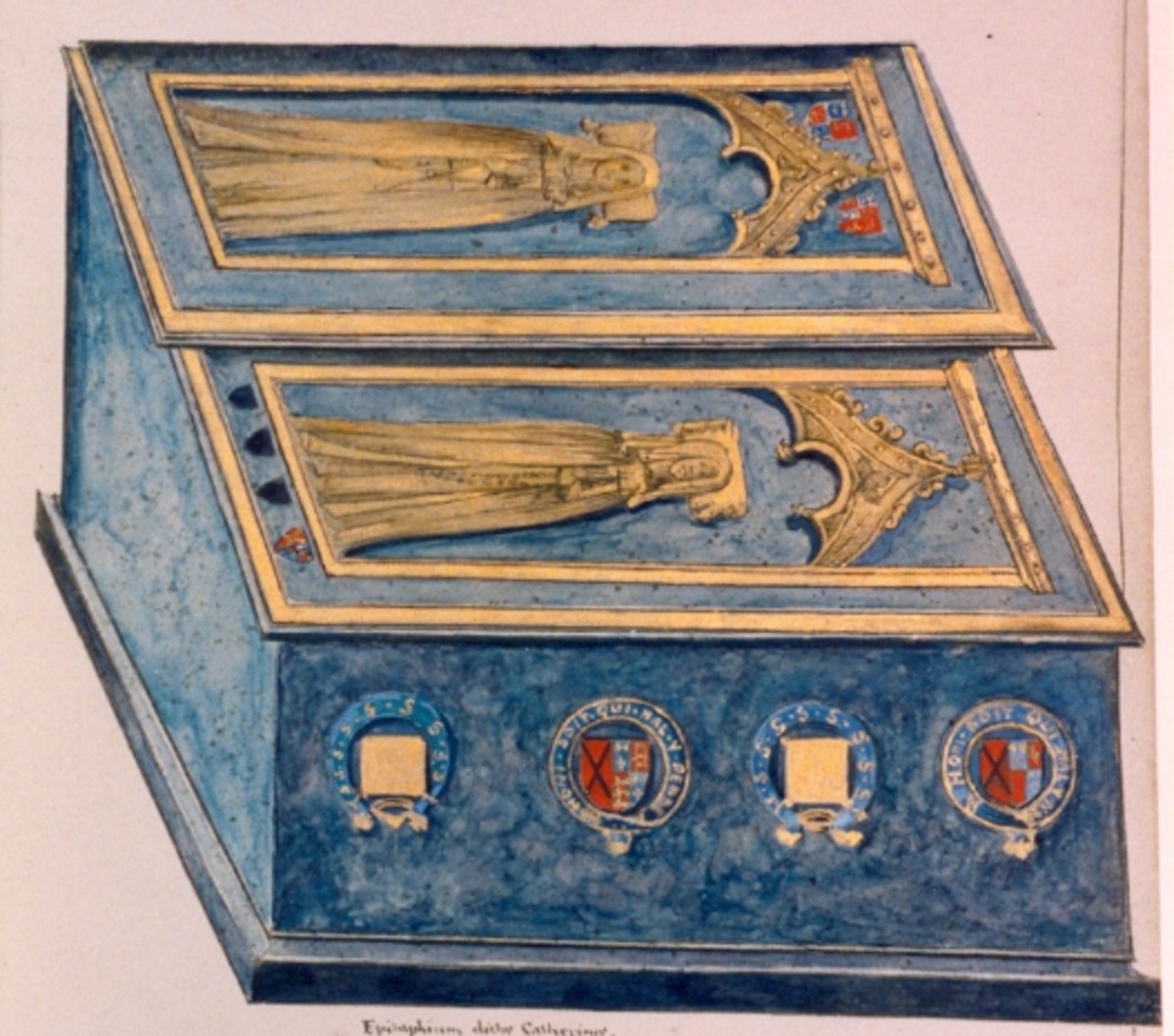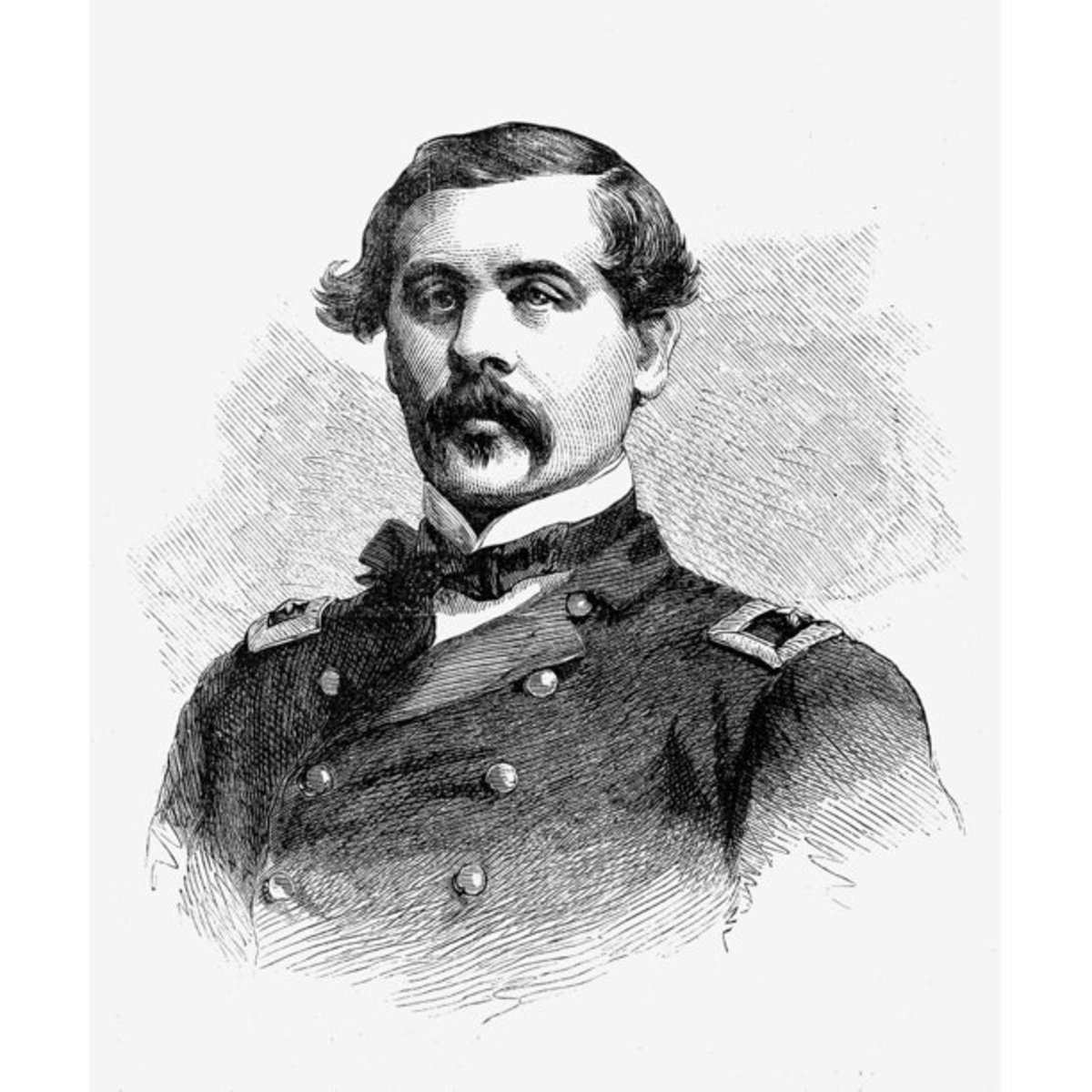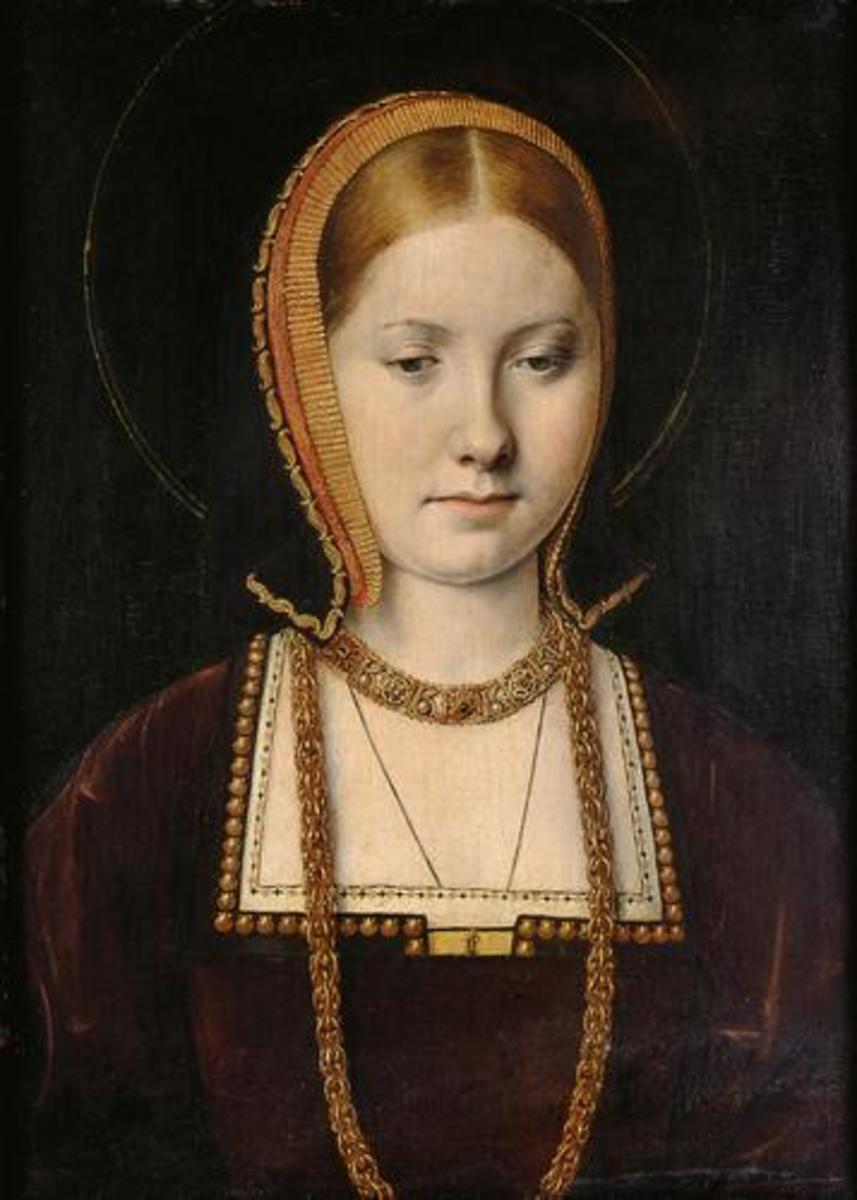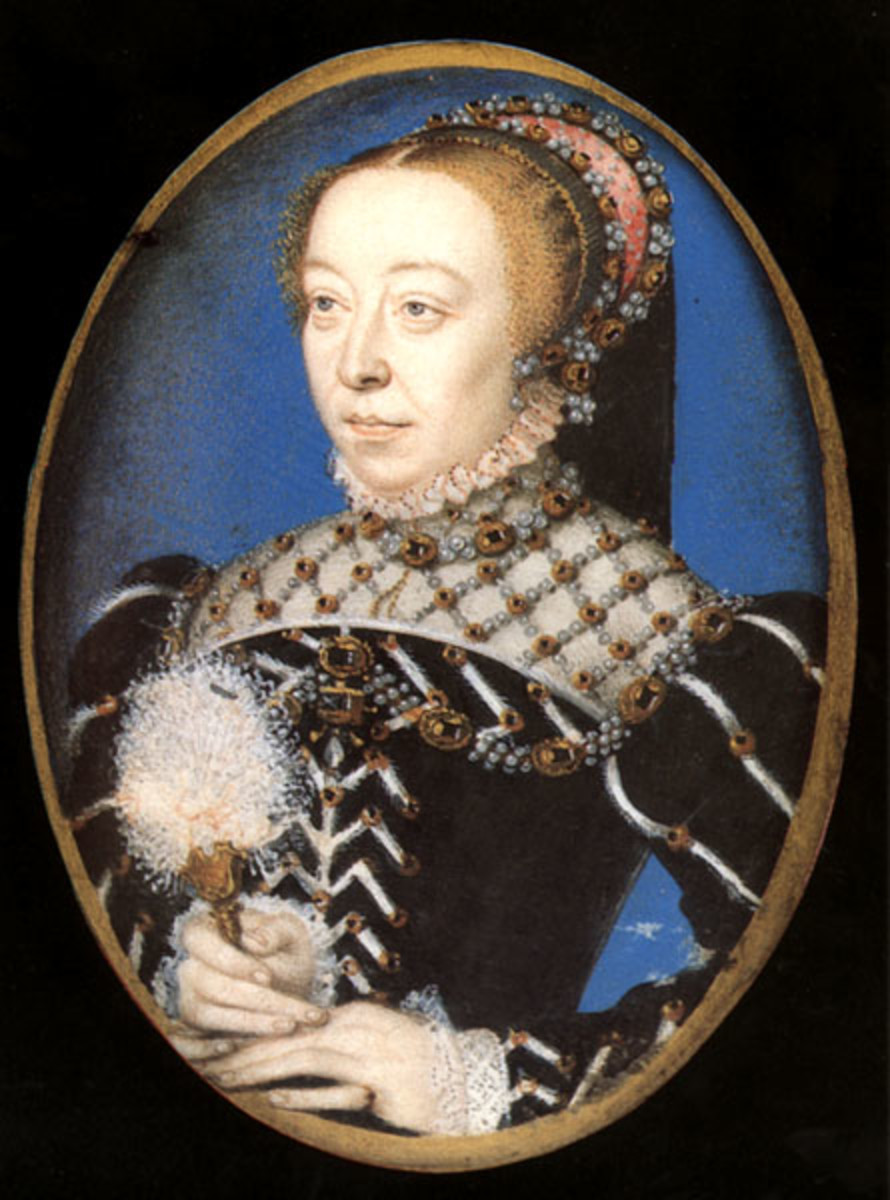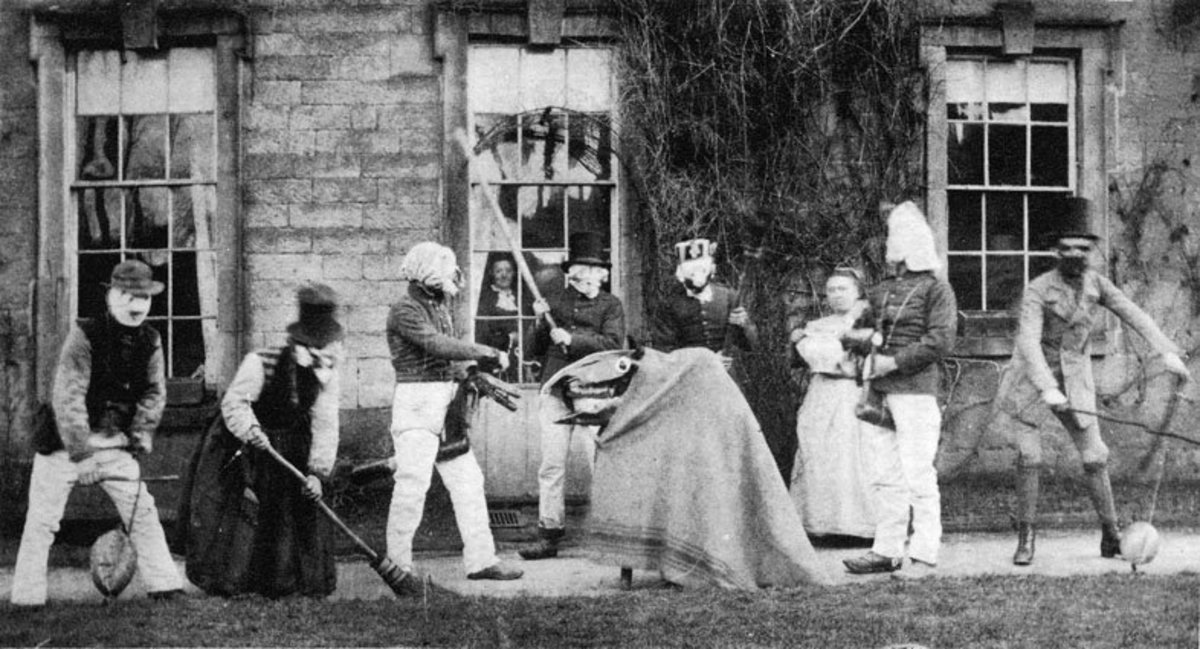Bill of Attainder Against Katherine Howard: Focusing on Relationship with Francis Dereham
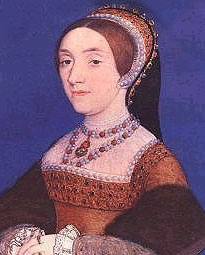
The Tudors made a point of giving Henry VIII a reason for not allowing Francis Dereham’s execution to be beheading like Thomas Culpepper. Henry VIII made it clear that Francis had Katherine first, indicating that he was extremely jealous. I found it rather odd at first. Why would Henry VIII not be angrier that a man he trusted was apparently having an affair with his wife? After reading the Bill of Attainder against Katherine Howard it now makes much more sense.
On January 21, 1542, the Bill of Attainder against the Queen Consort of England was drawn up. It wasn’t passed until February 11, due to various judges not sure about the reading of it. The Bill of Attainder meant that Queen Katherine and Jane Boleyn, Lady Rochford, would not need a trial and could be executed based on the evidence already gained. It also made it clear that Katherine’s guilt was mainly over her relationship with Francis Dereham rather than the alleged one with Thomas Culpepper.
Katherine Howard Was Not a Virgin at the Time of Her Marriage
Henry VIII learned one thing when he found out about Katherine’s past; she was not a virgin. He found out that Francis Dereham had had a sexual relationship with her during their time at her step-grandmother’s home. They called each other husband and wife, and Francis admitted that he had a relationship with her. Katherine never went as far as admitting that she had intercourse with him, but she did admit that there was some type of relationship.
It seems that Francis was believed over Katherine. After all, he was executed for his previous relationship with her on December 10, 1541. It made sense to believe him. They did address each other as husband and wife, so it would make sense that they would act on that relationship. Katherine’s upbringing was not ideal for a Queen Consort of England, and she likely never even anticipated that title.
Was Katherine Howard guilty of her crimes?
Katherine Howard Would Return to Her Checked Past
Things may have been fine for Katherine had she not decided to employ Francis as her personal secretary. In fact, without employing him, her past would never have come back to haunt her and she may have even gotten away with a relationship with Thomas Culpepper (although that is unlikely considering the enemies she would have had at court).
By employing Francis, the judges believed that she showed signs that she had not left her sordid past behind her. She showed signs that she would return to that naughty “vicious life.”
Henry VIII possibly worried about this, as well as was jealous of the fact. He would never be able to prove that any child was his, which would cause problems for the security of the throne. Had Katherine been found innocent of the charges, there would always be talk about it around court, the country and even the world!
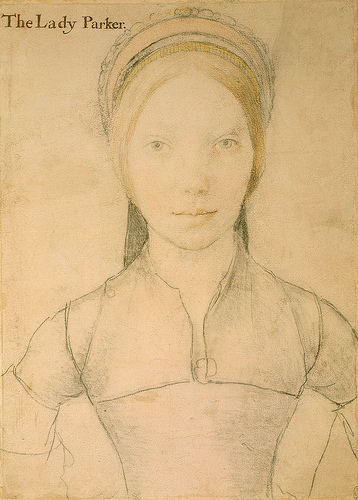
The Mentions of Katherine Howard’s Affair With Thomas Culpepper
There was one small mention of Thomas Culpepper, when it came to the part about Jane Boleyn. Jane had been implicated as lookout and was arrested for treason. She had a nervous breakdown while in jail and went mad, meaning that she could not be executed. However, an act was passed that allowed someone of her mental status to be executed.
The Bill of Attainder mentioned how Jane helped Katherine with the affair. The time of 11pm until 3am was mentioned, which was the apparent timing of their meetings. It makes it clear that Thomas Culpepper had already been executed for this, and also mentioned Francis’ execution for having intercourse with the Queen before her marriage.
The Queen Cannot be Unchaste
At the end of the Bill of Attainder, it was made clear that the Queen could not be unchaste. According to the dictionary, that is someone not pure or not virtuous. However, that didn’t mean not being a virgin; after all, Henry VIII’s last wife was not a virgin since she had been married twice before. It was an aim to prevent any woman who seemed like she would be promiscuous or a bad influence, like Katherine Howard, from ever being the king’s wife.
This definition has changed over time depending on culture and society. From a religious point of view, an unchaste woman was someone who had had sex before marriage. In some cultures, it is someone who is unclean.
This was the point that made Katherine’s fate inevitable. She was unchaste at the time of marriage, at least according to the evidence. She was instantly guilty of high treason, despite the Bill of Attainder being written 18 months after her marriage. The poor girl never really stood a chance against these men.
Technically, the marriage was annulled and on November 22, Katherine was stripped of the title Queen. With that in mind, she was never really guilty of treason. Unfortunately, Henry VIII never saw it that way.
Learn More About Katherine Howard Through David Starkey
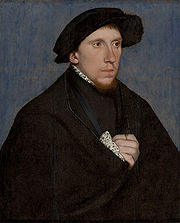
Additions About Katherine Howard’s Family
Katherine’s mistakes made it troublesome for her family. Most of the Howards were imprisoned after this, except for Thomas Howard who managed to remain out of prison for a couple more years. The Bill made it clear that those imprisoned would remain there for the rest of their lives. Most were eventually pardoned and released after it was clear they had nothing to do with Katherine and her decisions.
Thomas Howard and his son, Henry, were eventually imprisoned. Henry Howard had a strong claim to the throne and was a threat to Prince Edward. Henry Howard was executed on January 19, 1547. Thomas was only saved due to the king’s death, but he remained in prison until Mary I’s reign.
Poor young Katherine Howard was executed on February 13, 1542 for her crimes against the crown. Jane Boleyn, Lady Rochford, was executed after her. They both made short speeches as was customary at the time. Unlike in The Tudors, there is no proof and it is unlikely that Katherine said anything about preferring to be Thomas Culpepper’s wife.



